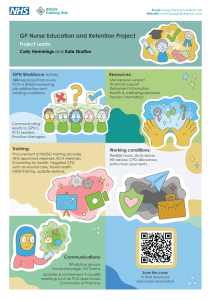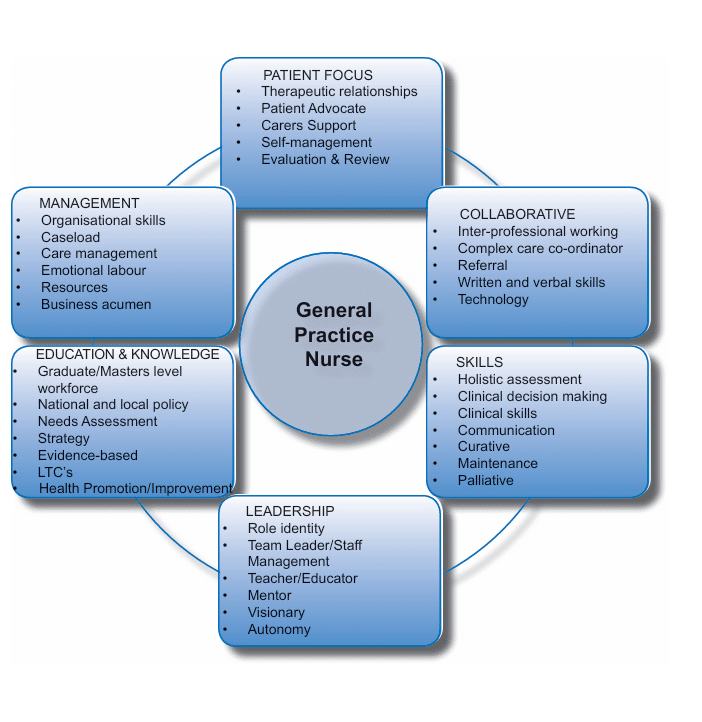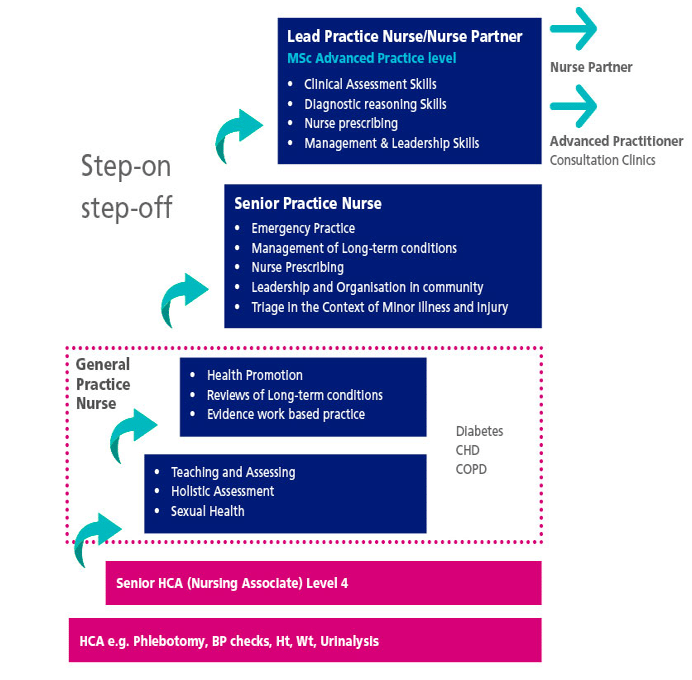What is a GPN?
General Practice Nurses (GPNs) are integral to the delivery of patient care and vital to the ongoing sustainability of general practice, and essential for fulfilling the Fit for the Future NHS 10-year NHS plan.
They offer a wide range of essential services, including the management of chronic conditions, health promotion, routine screenings, and specialised nursing services such as contraception, sexual health, immunisations, wound care, travel health, and menopause management.
Operating within the scope of their professional competence, GPNs work both independently and collaboratively with multidisciplinary primary care teams, including pharmacists, paramedics, physiotherapists, general practitioners, and specialist nurses. Their role is essential to ensuring comprehensive, high-quality care for patients across various healthcare settings.
NHS GPN Orientation video.



